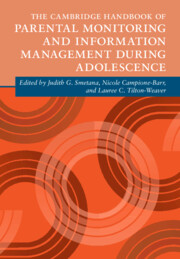The purpose of this study was to address two methodological issues that have called into question whether previously reported gene–environment interaction (GxE) effects for adolescent alcohol use are ‘real’. These issues are (1) the potential correlation between the environmental moderator and the outcome across twins and (2) non-linear transformations of the behavioral outcome. Three environments that have been previously studied (peer deviance, parental knowledge, and potentially stressful life events) were examined here. For each moderator (peer deviance, parental knowledge, and potentially stressful life events), a series of models was fit to both a raw and transformed measure of monthly adolescent alcohol use in a sample that included 825 dizygotic (DZ) and 803 monozygotic (MZ) twin pairs. The results showed that the moderating effect of peer deviance was robust to transformation, and that although the significance of moderating effects of parental knowledge and potentially stressful life events were dependent on the scale of the adolescent alcohol use outcome, the overall results were consistent across transformation. In addition, the findings did not vary across statistical models. The consistency of the peer deviance results and the shift of the parental knowledge and potentially stressful life events results between trending and significant, shed some light on why previous findings for certain moderators have been inconsistent and emphasize the importance of considering both methodological issues and previous findings when conducting and interpreting GxE analyses.


